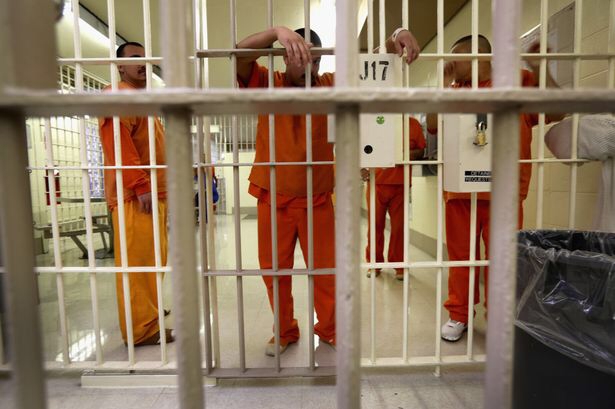
A proposed bill in Massachusetts would allow prisoners to donate their organs or bone marrow in exchange for a shorter sentence.
Donors would have their sentences reduced by at least 60 days and a maximum of one year.
The bill, according to two Democratic state legislators, would “restore bodily autonomy” to prisoners.
However, critics warn it is unethical and preys on inmates’ desperation.

Federal prisons in the US currently permit organ donation, but only if the recipient is an immediate family member.
Creating a donation program within the state’s department of corrections is the goal of the Massachusetts bill that is currently being considered. A waiting list for organ transplants includes around 5,000 state citizens.

In order to enable patients in need of transplants receive the life-saving care they require, state representative Carlos Gonzalez suggested making more potential donors available.
Critics of the bill, however, contend that it upholds prejudices about prisoners as being “subhuman.”
According to Kevin Ring, head of the nonprofit organization Families Against Mandatory Minimums, “It seems like something out of a science fiction book or horror story”.

“It’s just this sort of idea that we have this class of sub-humans whose body parts [we] will harvest because they’re not like us or because they’re so desperate for freedom that they’d be willing to do this.”
It seems improbable that the bill will become law, according to political analysts.
Author-Roberta Appiah





